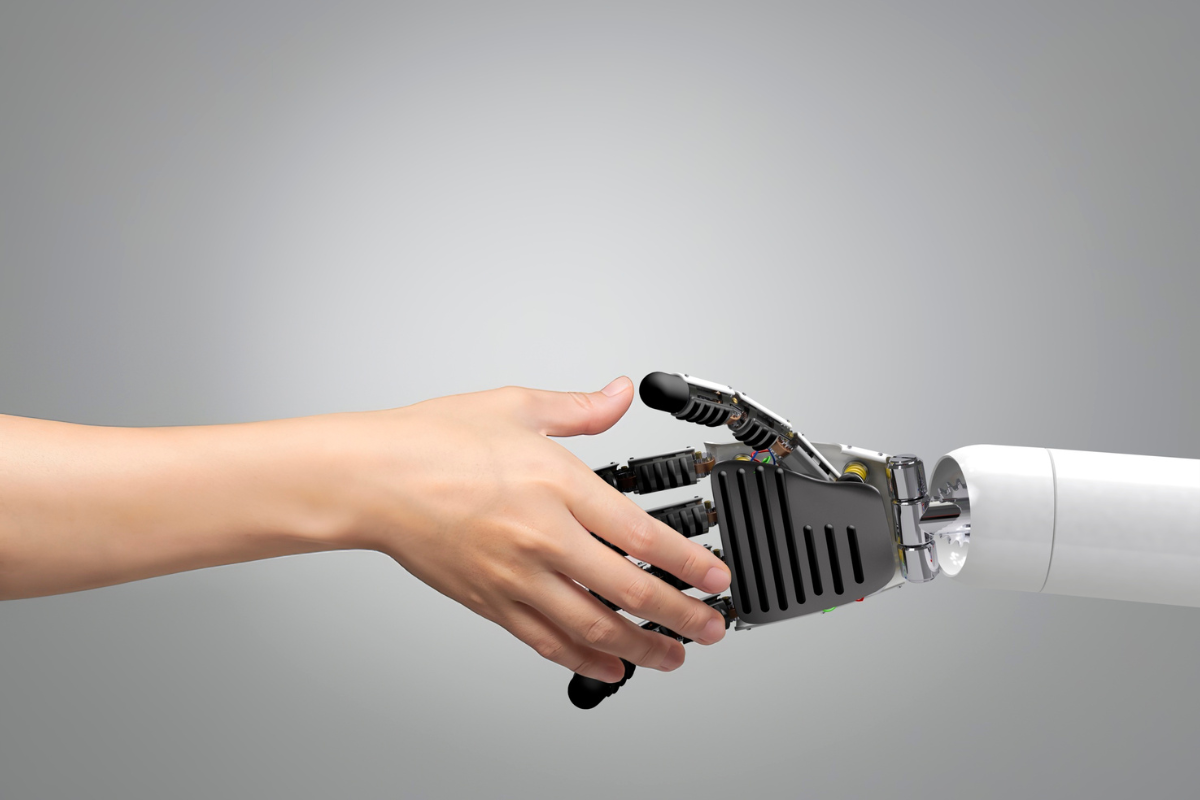UK and Ireland Face Pension Reform Divide
July 26, 2025

As the mental health crisis continues to escalate, the emergence of artificial intelligence (AI) therapists has gained traction as a potential solution to meeting the growing demand for psychological support.
AI-driven chatbots and virtual counselors offer convenient, round-the-clock access to mental health resources, prompting both optimism and skepticism among experts and patients alike.
Recent studies indicate that these AI therapists can assist with a range of issues, from mild anxiety to chronic depression, by providing strategies for coping and emotional support. Unlike traditional therapy, which often requires appointments and may be limited by geographical constraints, AI therapists can be accessed via smartphones and computers, breaking down barriers to mental health care.
However, mental health professionals caution against relying solely on technology for therapy. Critics argue that while AI can be beneficial as a supplementary resource, it cannot fully replicate the nuanced understanding and empathy that human therapists provide. The therapeutic alliance—an essential component of effective therapy—may be compromised when interactions are strictly digital.
Despite these concerns, proponents of AI therapy emphasize its potential to reach underserved populations, including those in remote areas or individuals hesitant to seek traditional therapy due to stigma. As AI technology continues to evolve, the challenge will be to integrate these tools into a holistic approach to mental health care, ensuring that access to human therapists remains a priority.
The dialogue surrounding AI therapists raises important questions about the future of mental health treatment. As the sector adapts to technological advancements, balancing innovation with human connection will be imperative to foster effective and compassionate mental health support.